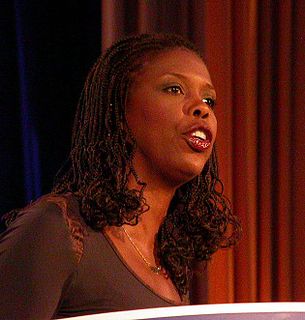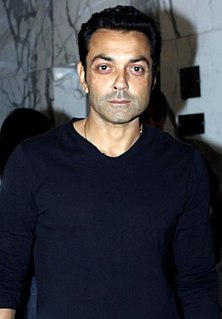A Quote by William Faulkner
The most important thing is insight, that is to be - curious - to wonder, to mull, and to muse why it is that man does what he does.
Related Quotes
At one time I thought the most important thing was talent. I think now that the young man must possess or teach himself, training himself, in infinite patience, which is to try and to try until it comes right. He must train himself in ruthless intolerance-that is to throw away anything that is false no matter how much he might love that page or that paragraph. The most important thing is insight, that is to be-curiosity-to wonder, to mull, and to muse why it is that man does what he does, and if you have that, then I don't think the talent makes much difference, whether you've got it or not.
Why does man freeze to death trying to reach the North Pole? Why does man drive himself to suffer the steam and heat of the Amazon? Why does he stagger his mind with the mathematics of the sky? Once the question mark has arisen in the human brain the answer must be found, if it takes a hundred years. A thousand years.
We no longer see the evolution of the nervous system, but that of a certain individual. The role of the memory is very important but... not as important as we believe. Most of the important things that we do don't depend on memory. To hear, to see, to touch, to feel happiness and pain; these are functions which are independent of memory; it is an a priori thing. Thus, for me, what memory does is to modify that a priori thing, and this it does in a very profound way.
A man I know who writes and aspires to be a novelist does very little reading, and he's not that successful. But I think it's because he's like the kid who wants to be a ballplayer and never goes to the ballpark or tries to hit a ball. So I'd say reading is the most important thing that I do, besides the actual writing. I'm always asking as I read, "How did the writer do this? Why do I suddenly have tears in my eyes? Why am I crying?"
Every form has its own meaning. Every man creates his meaning and form and goal. Why is it so important - what others have done? Why does it become sacred by the mere fact of not being your own? Why is anyone and everyone right - so long as it's not yourself? Why does the number of those others take the place of truth? Why is truth made a mere matter of arithmetic - and only of addition at that? Why is everything twisted out of all sense to fit everything else? There must be some reason. I don't know. I've never known it. I'd like to understand.
Why, if 'tis dancing you would be, There's brisker pipes than poetry. Say, for what were hop-yards meant, Or why was Burton built on Trent? Oh many a peer of England brews Livelier liquor than the Muse, And malt does more than Milton can To justify God's ways to man. Ale, man, ale's the stuff to drink For fellows whom it hurts to think: Look into the pewter pot To see the world as the world's not.



































